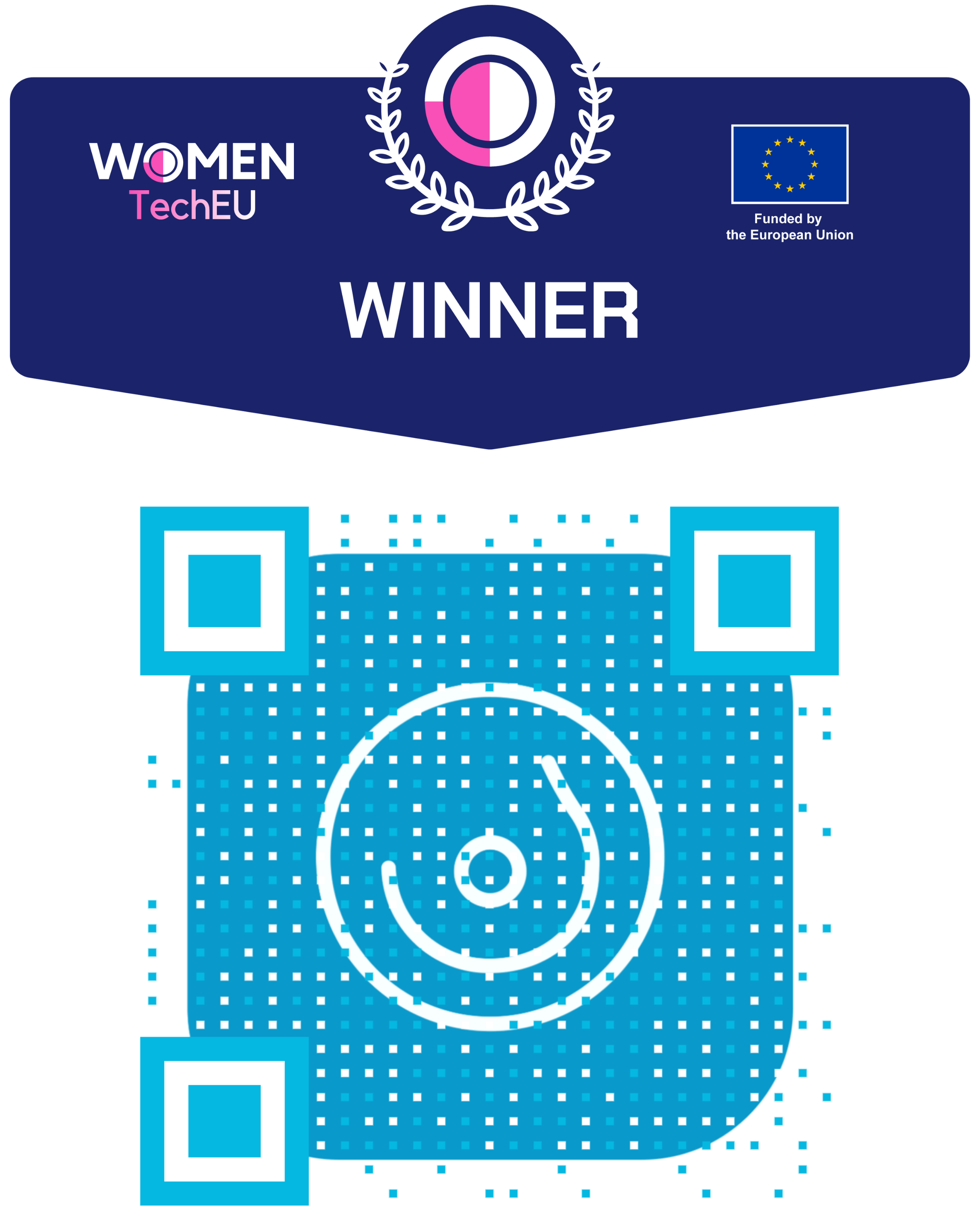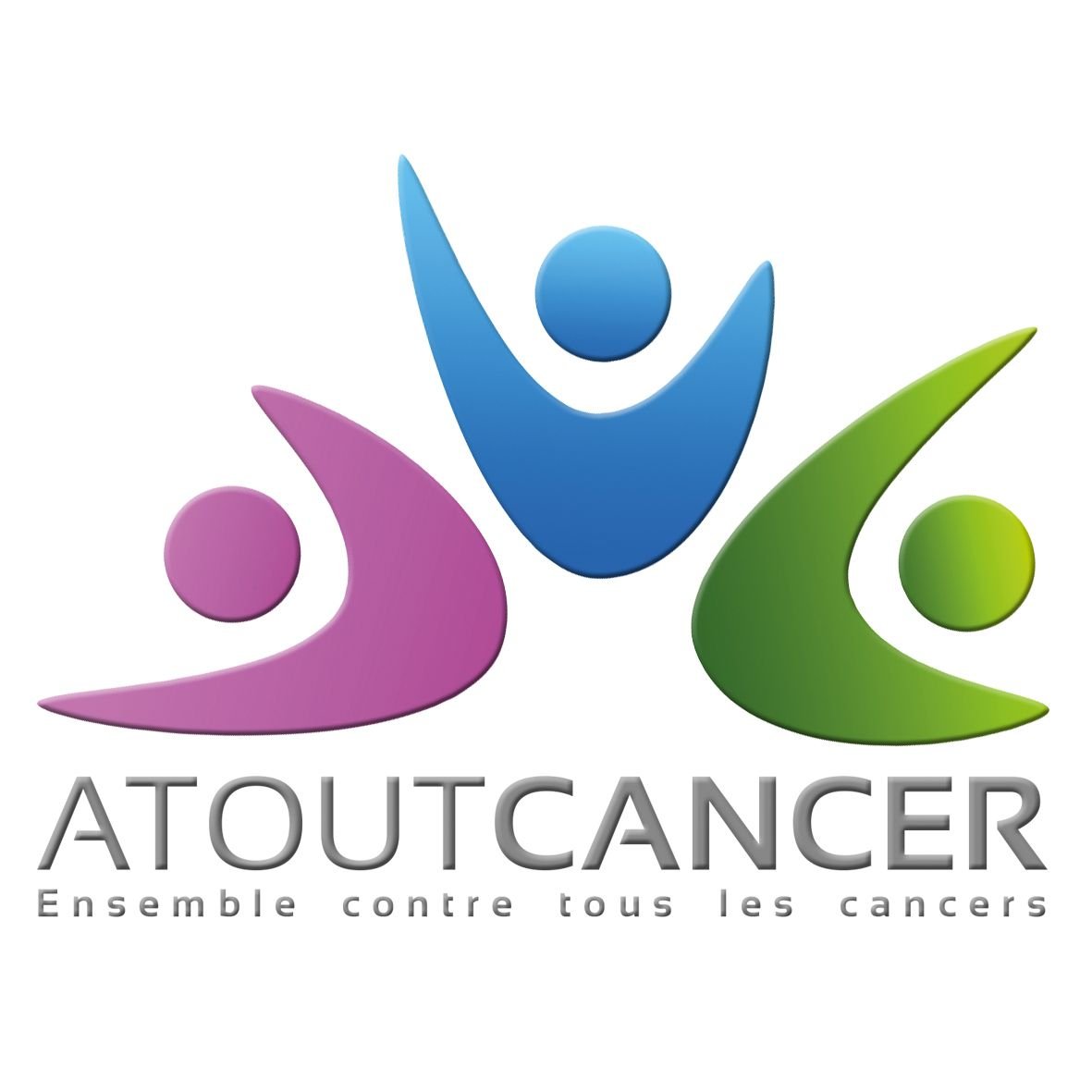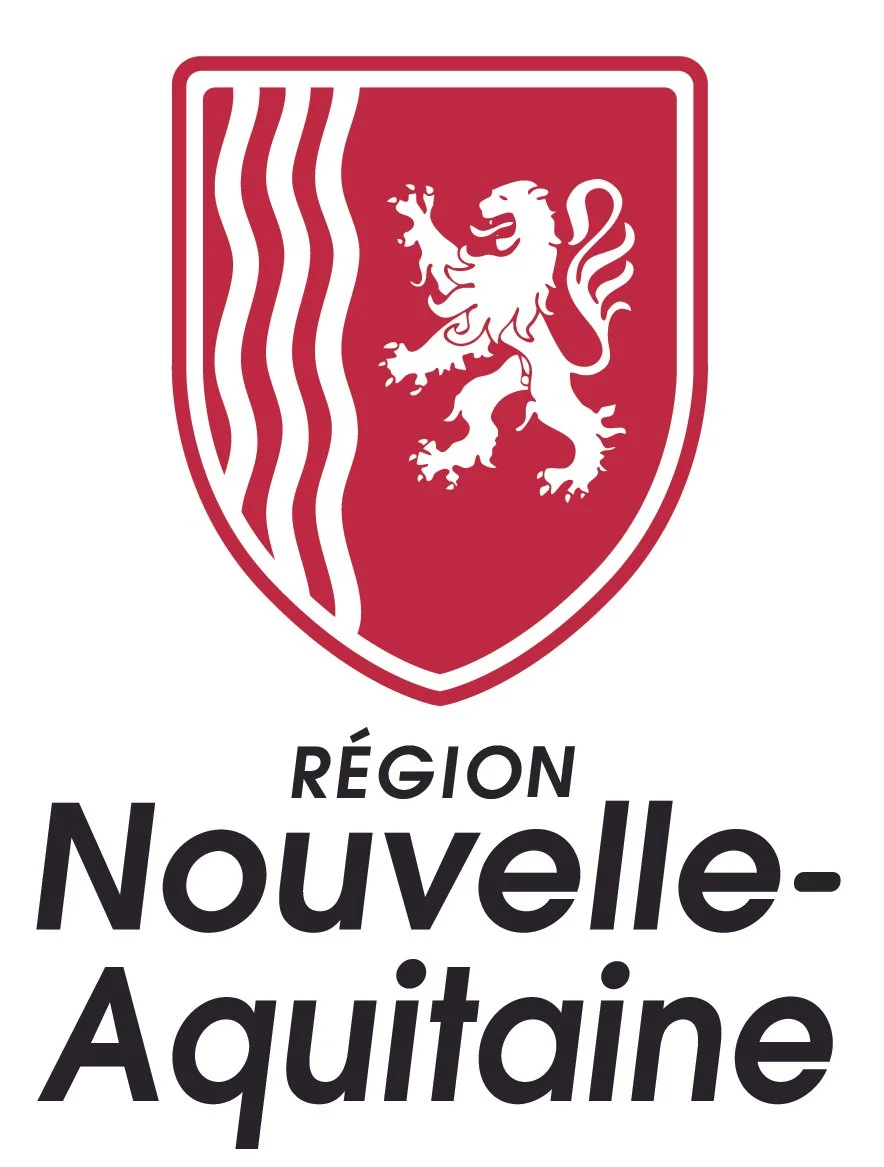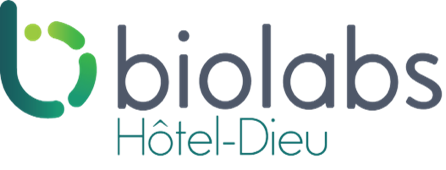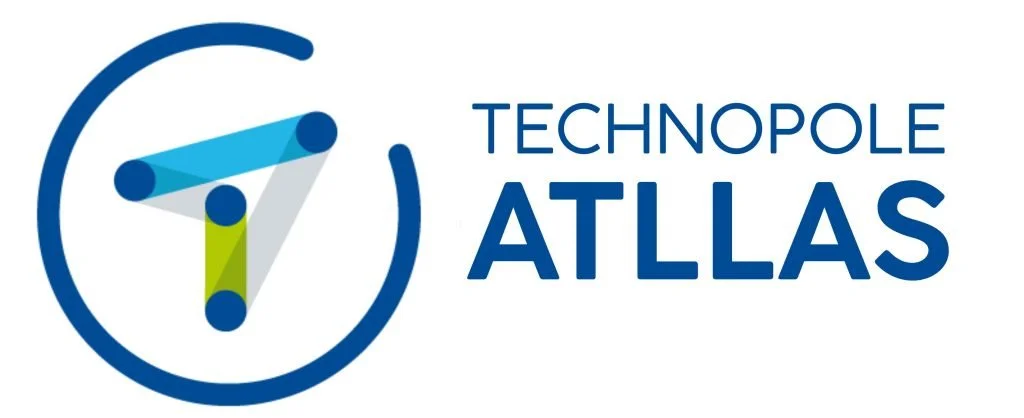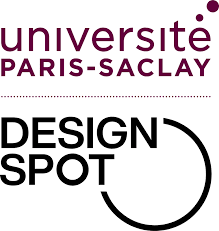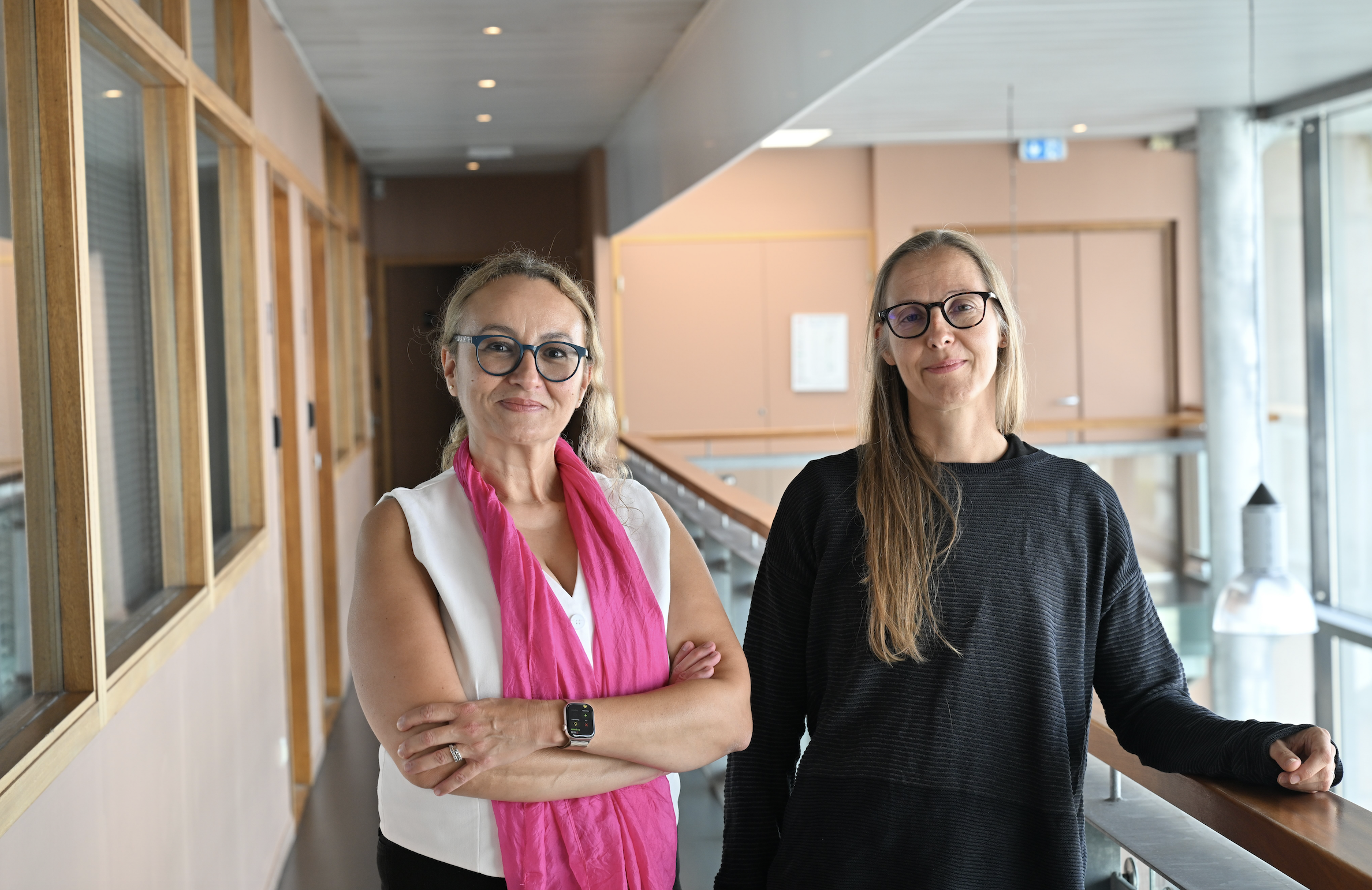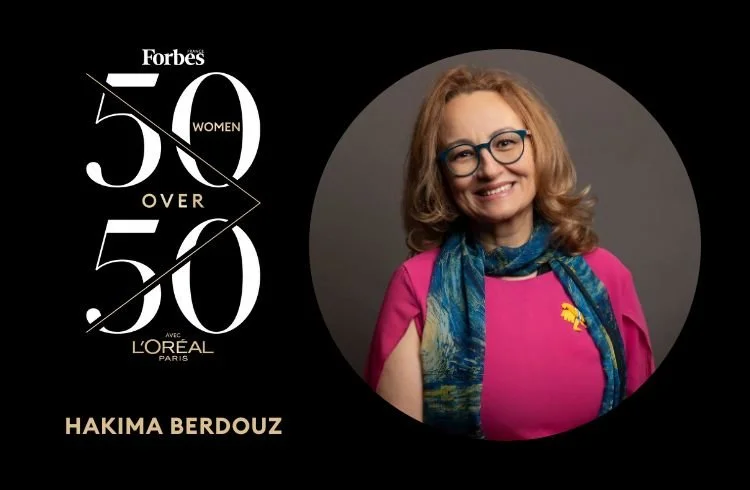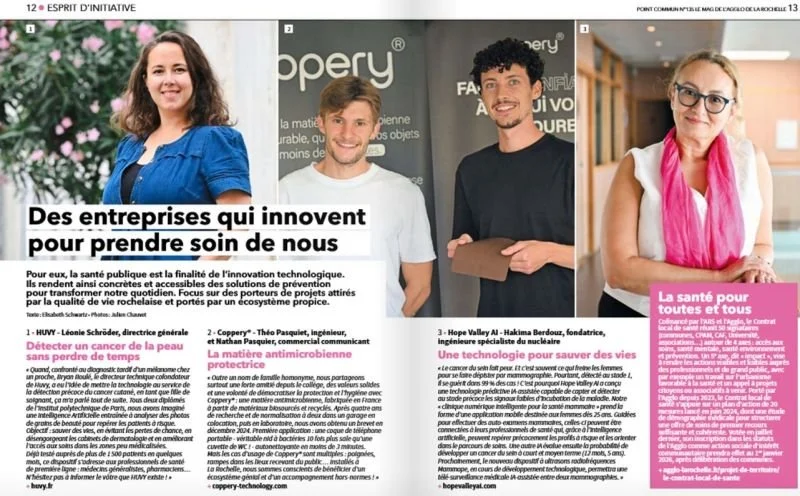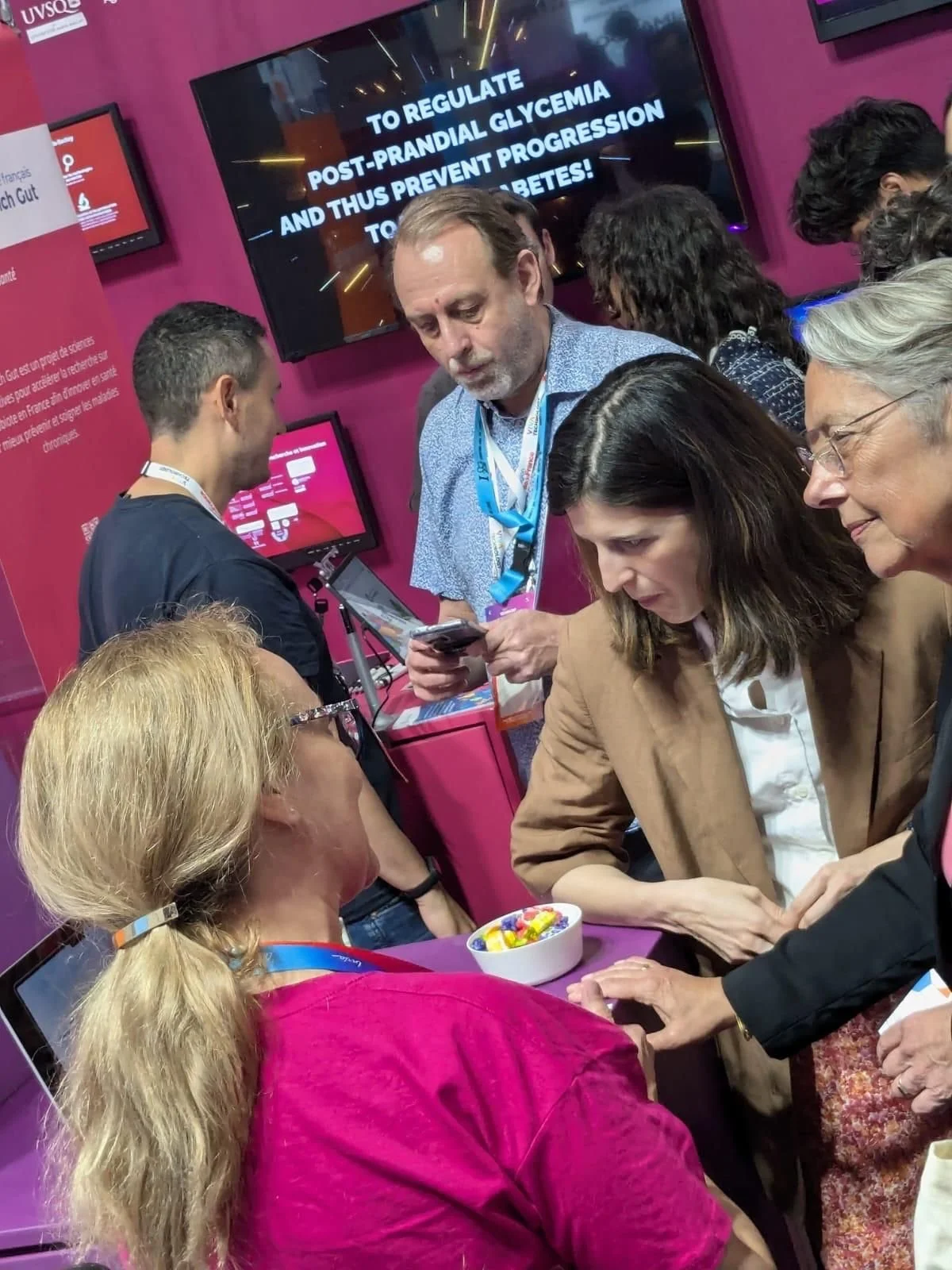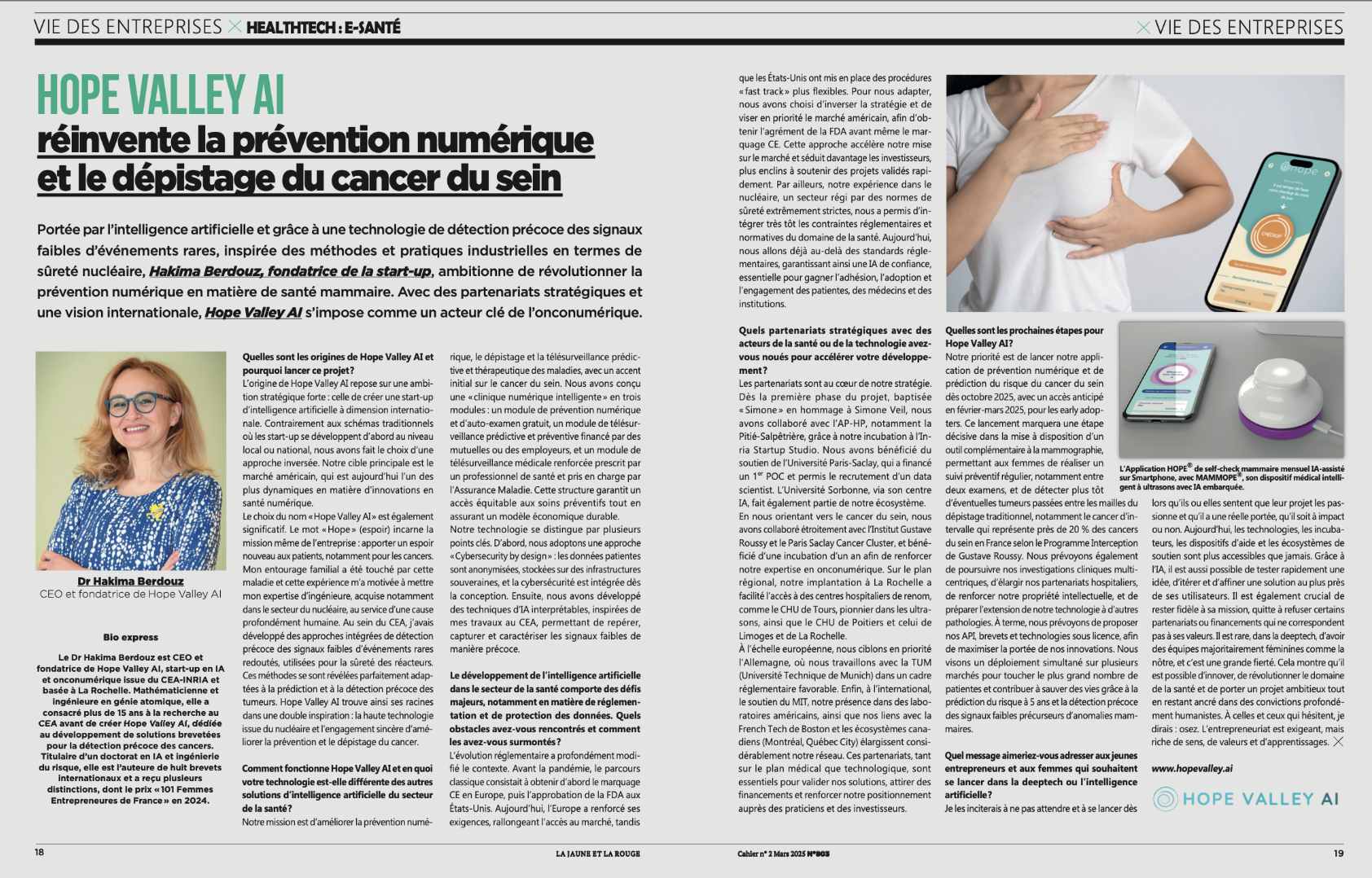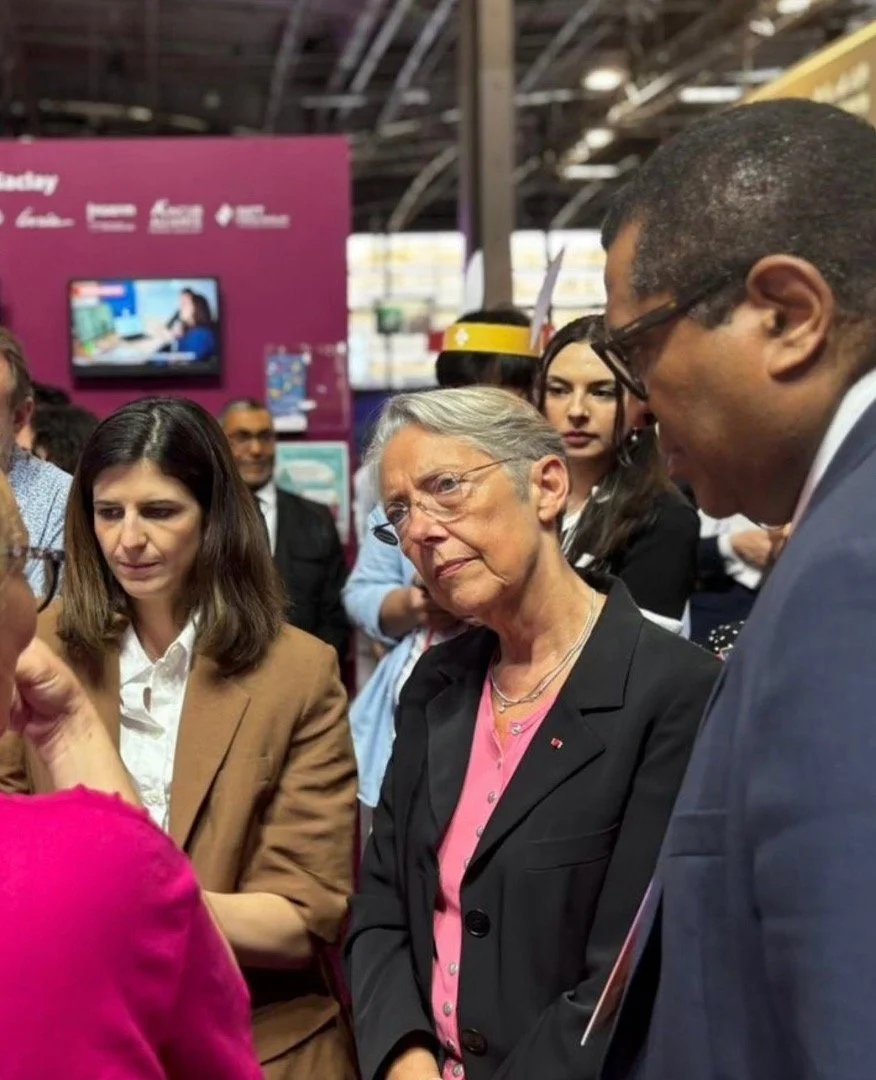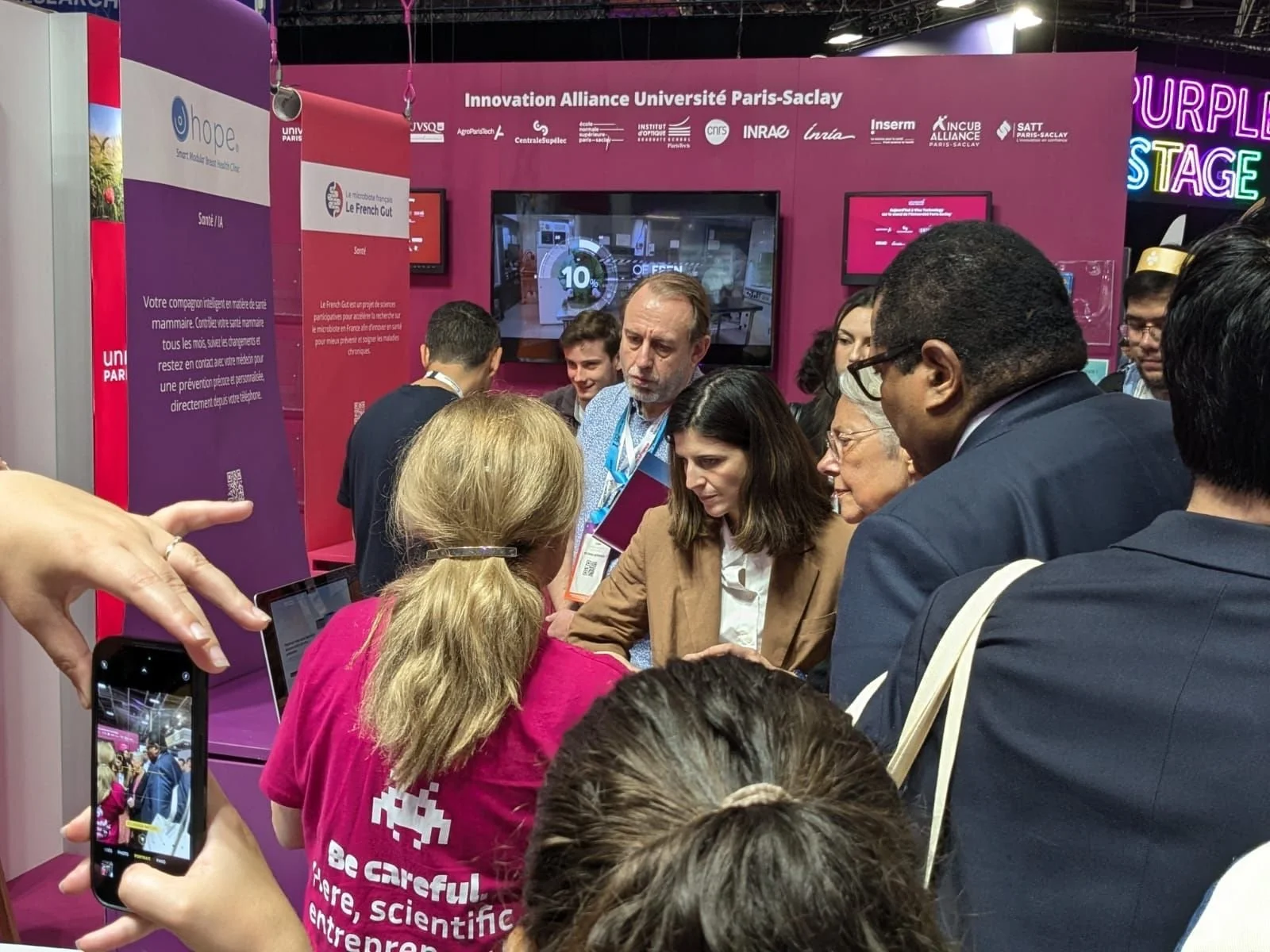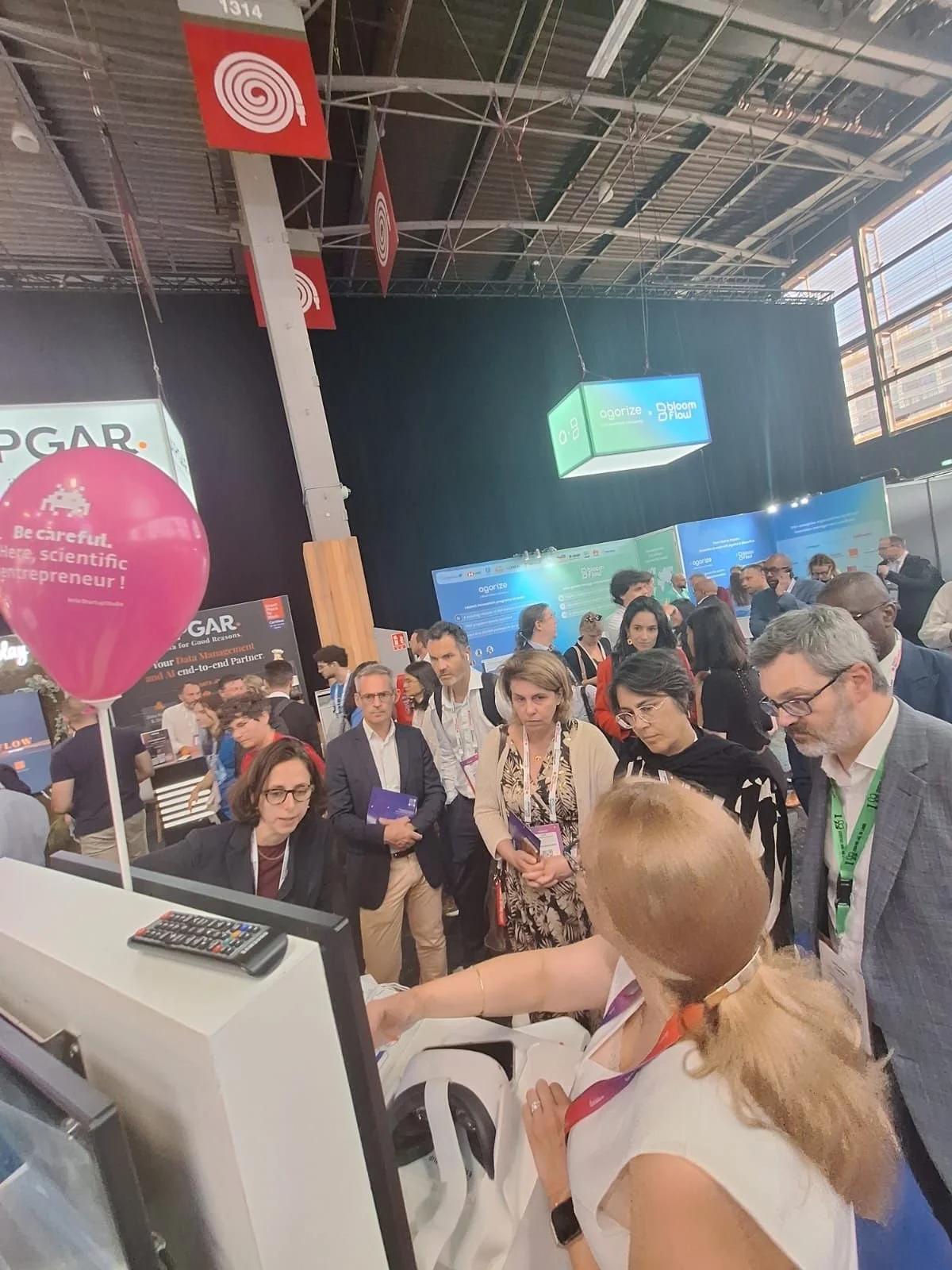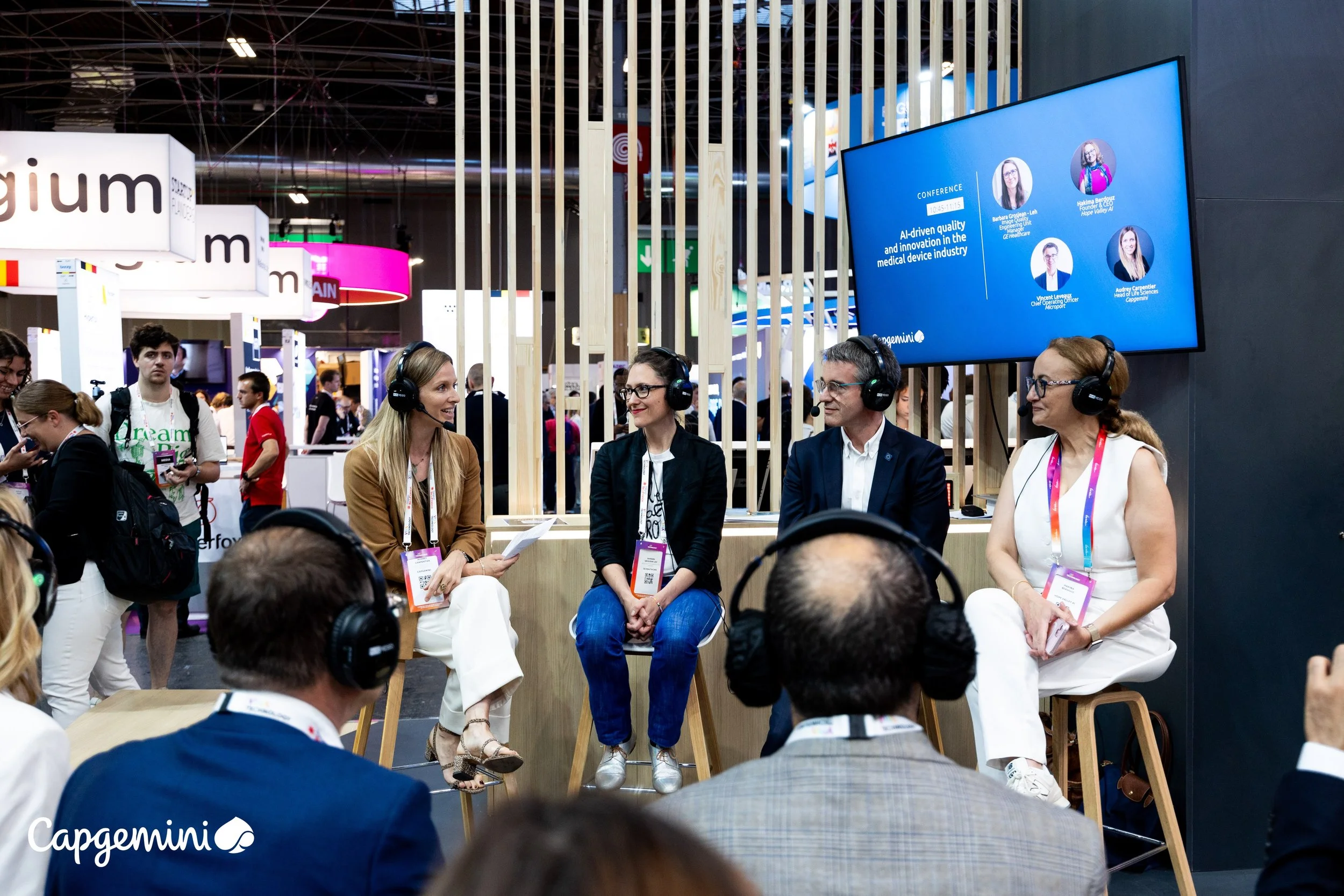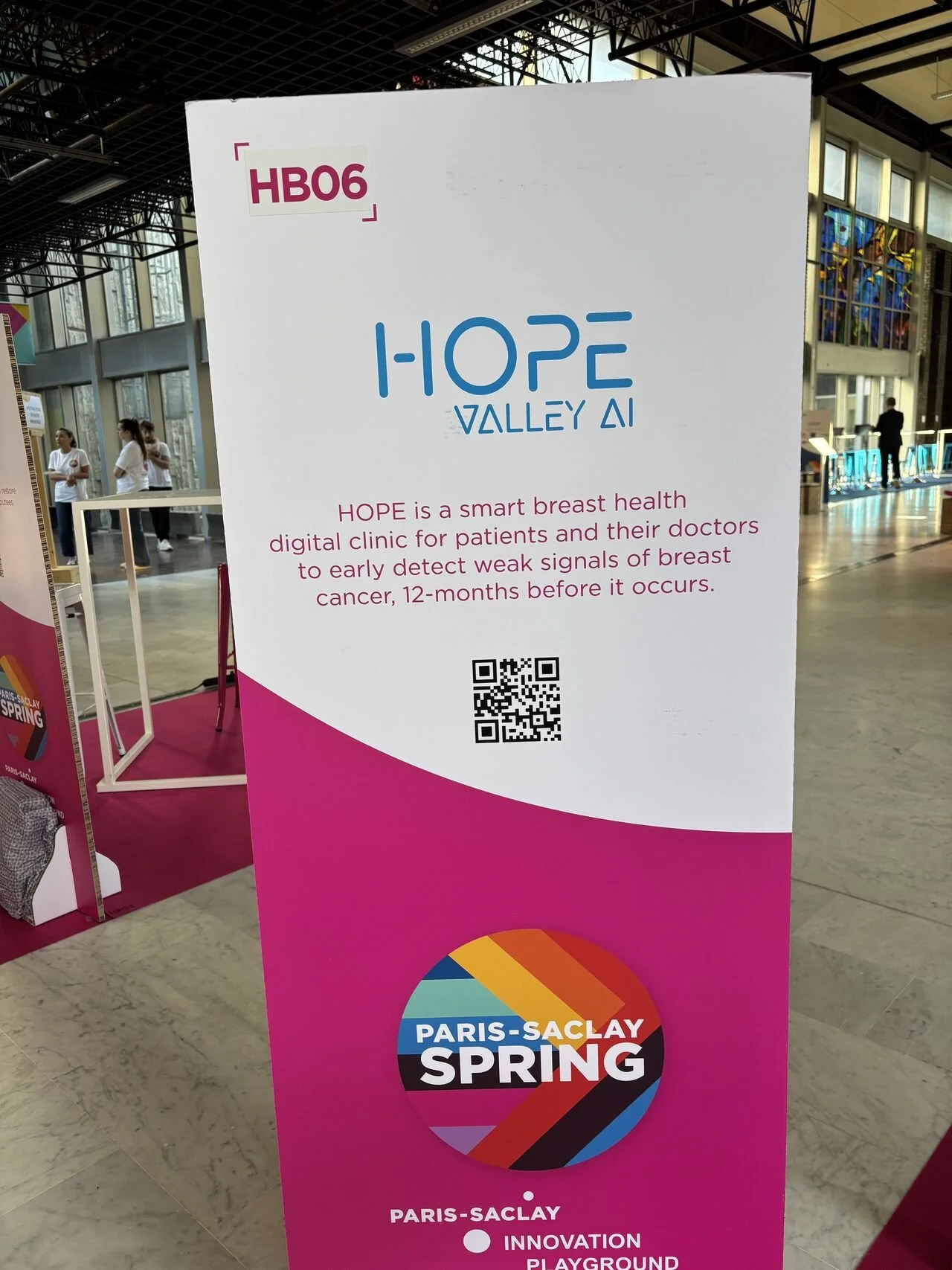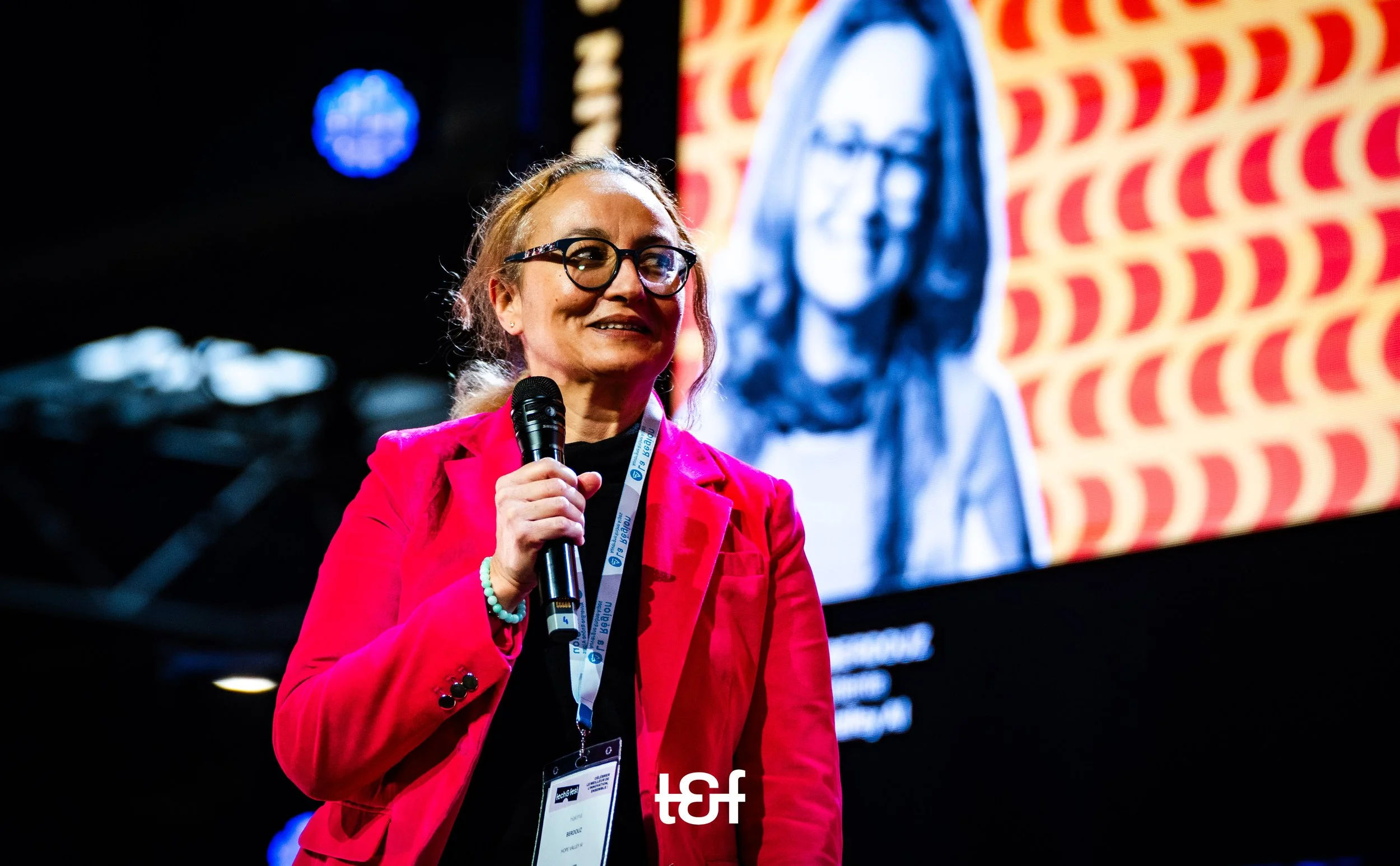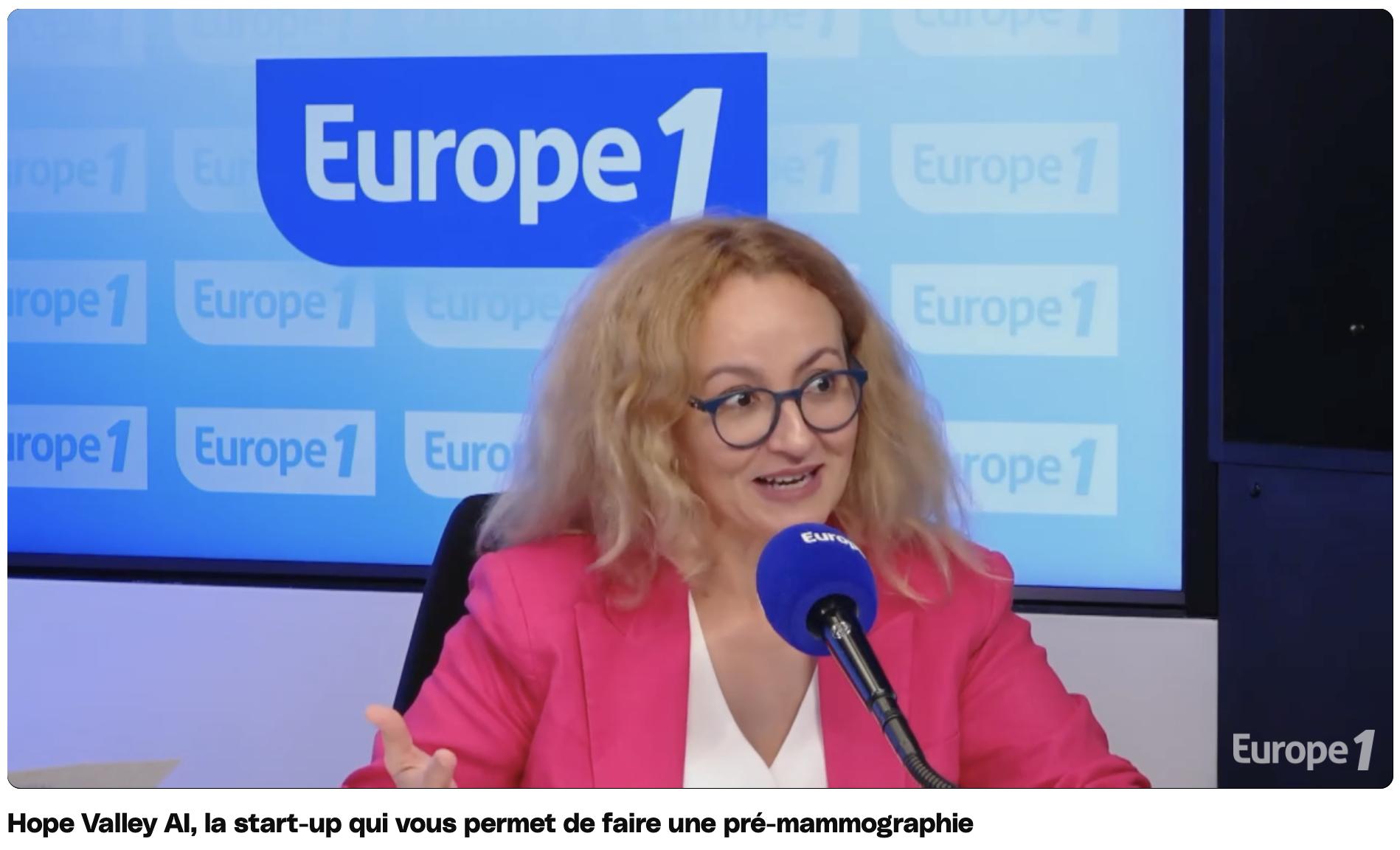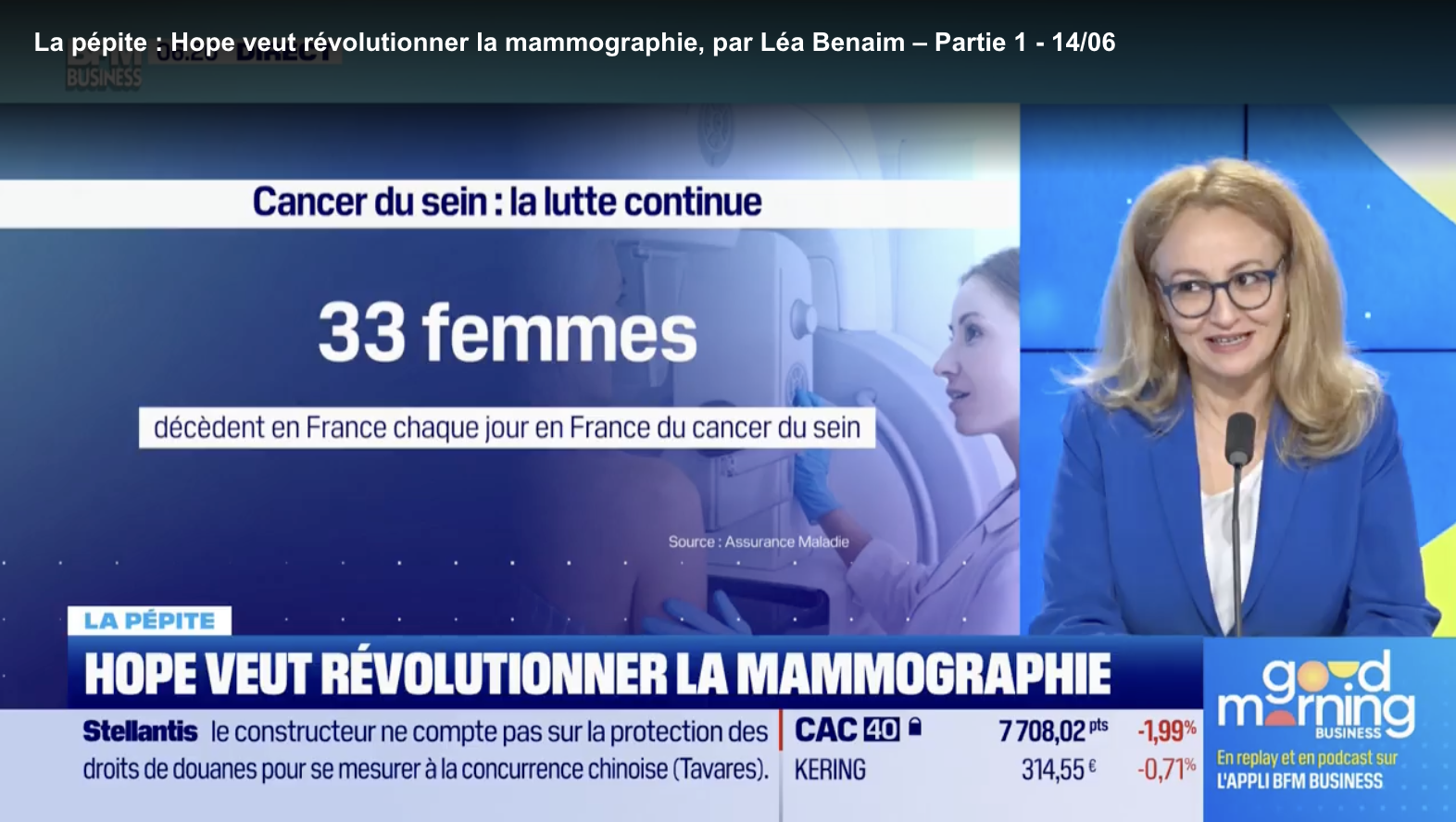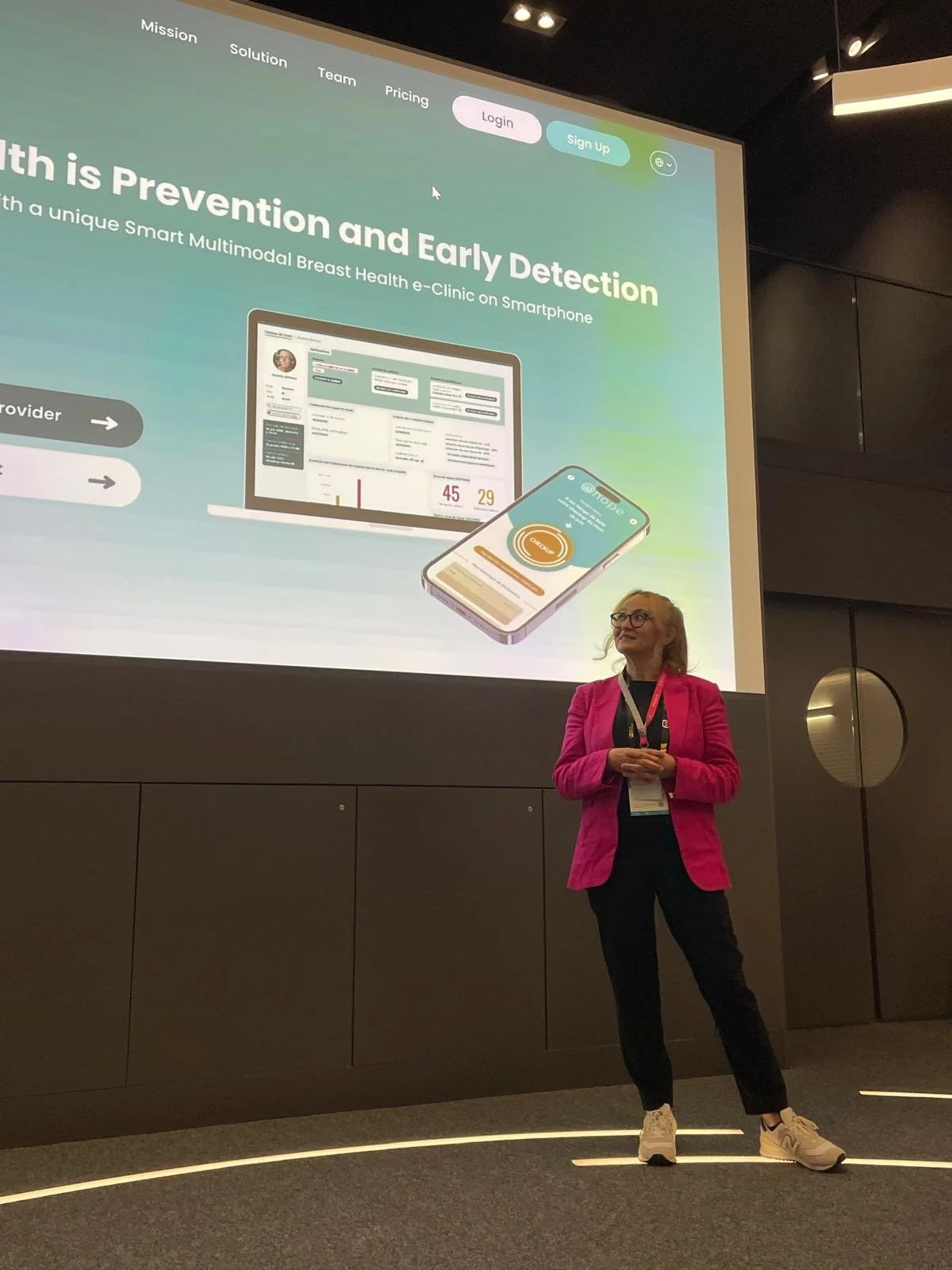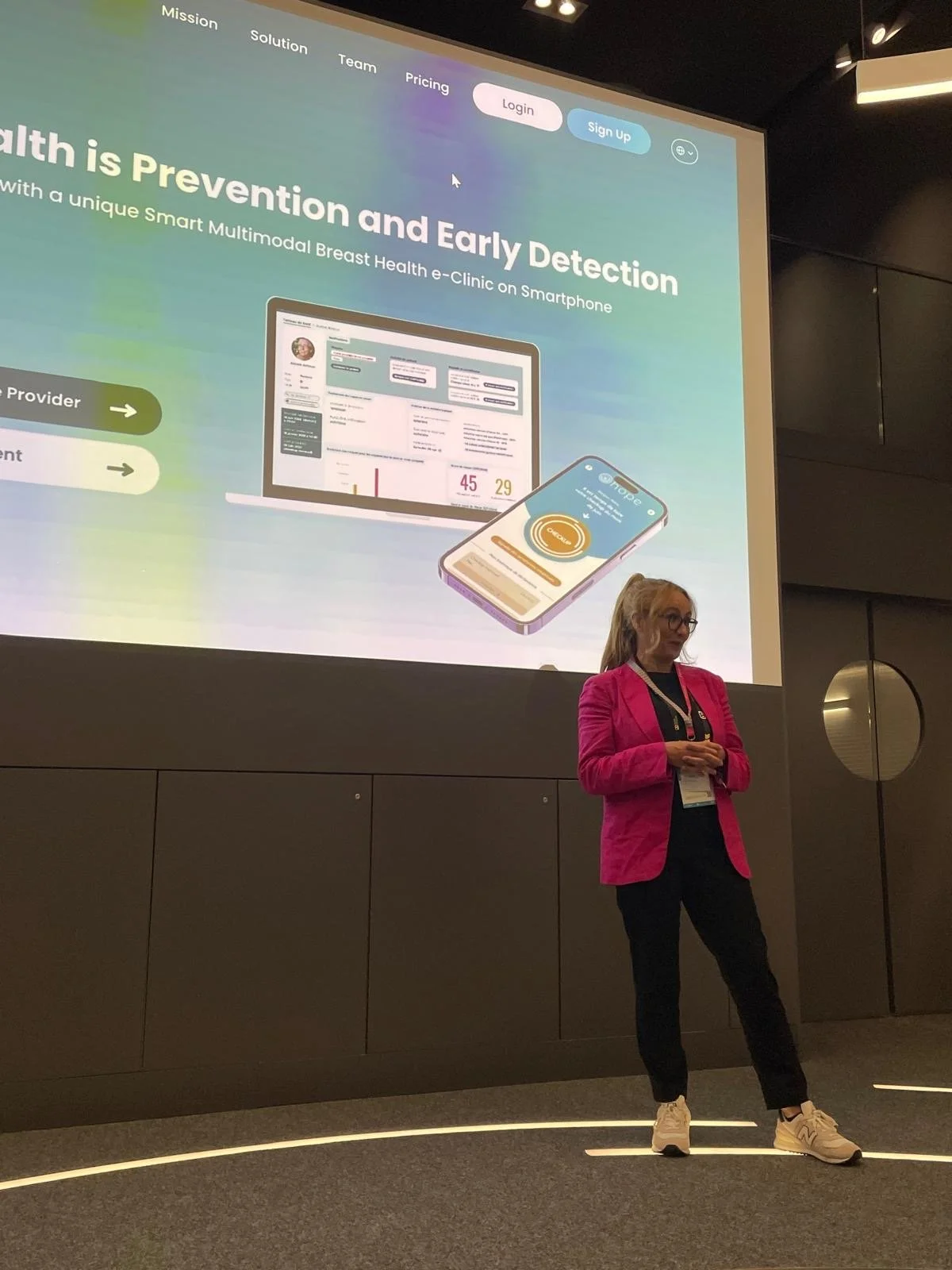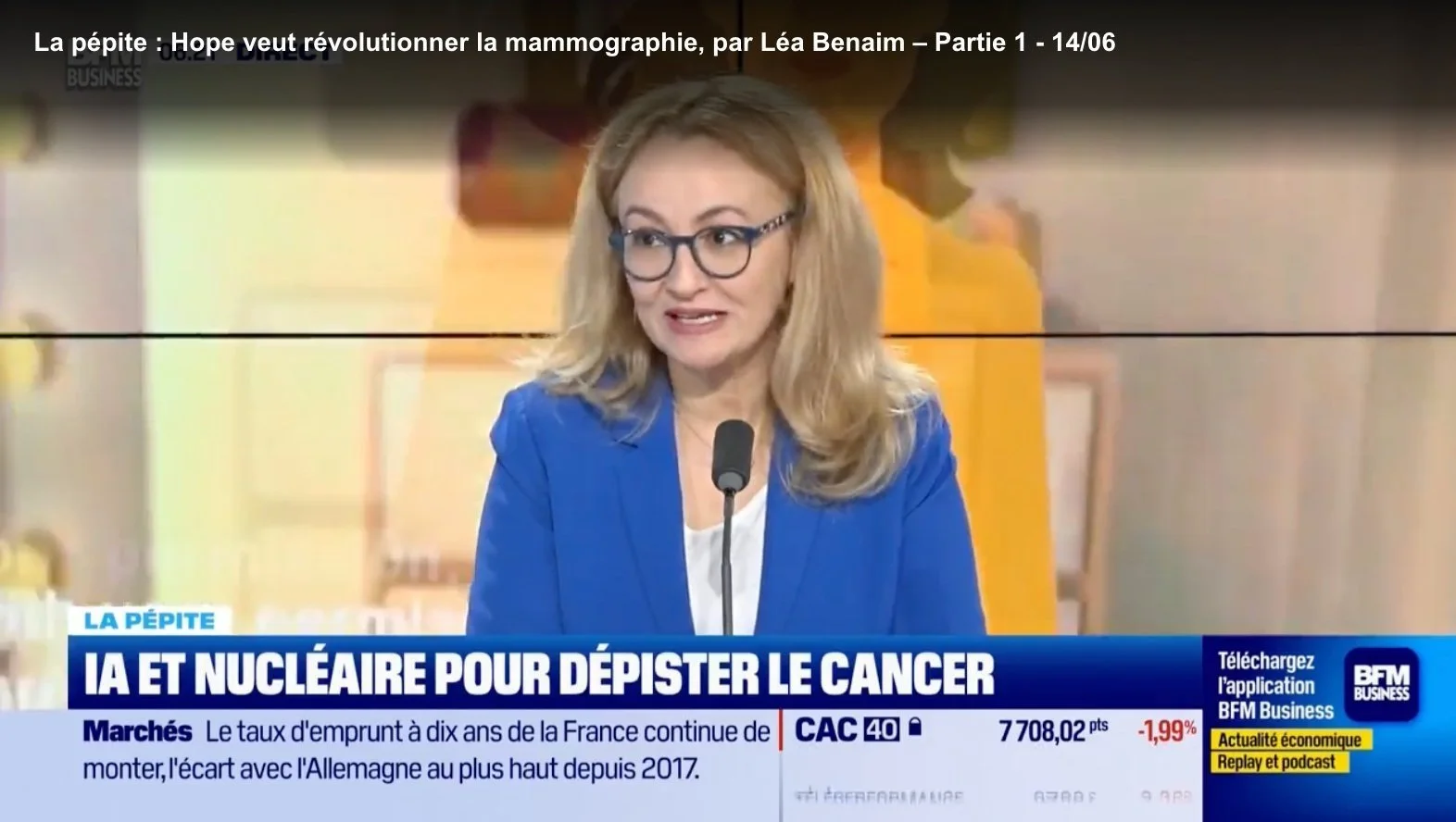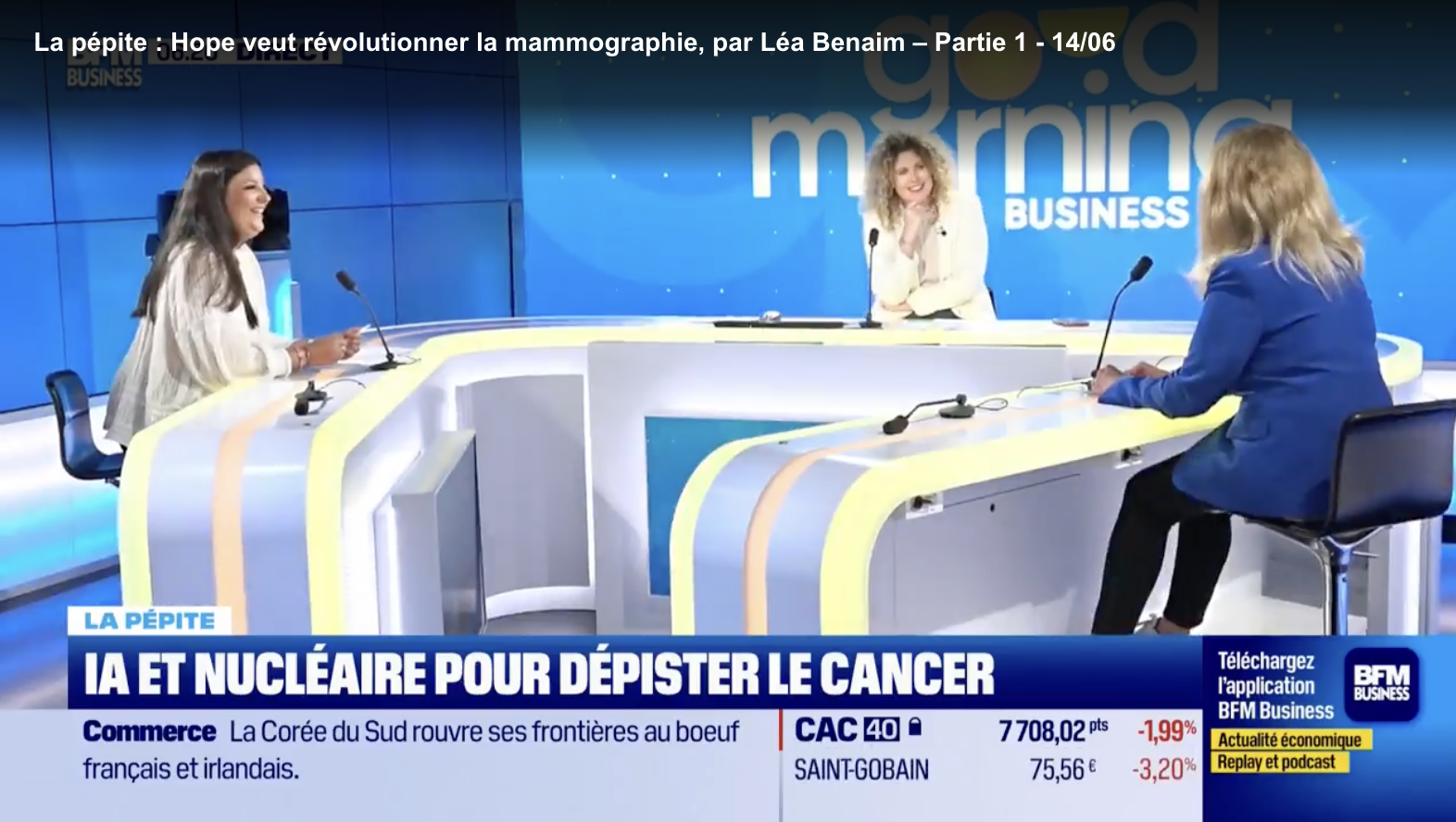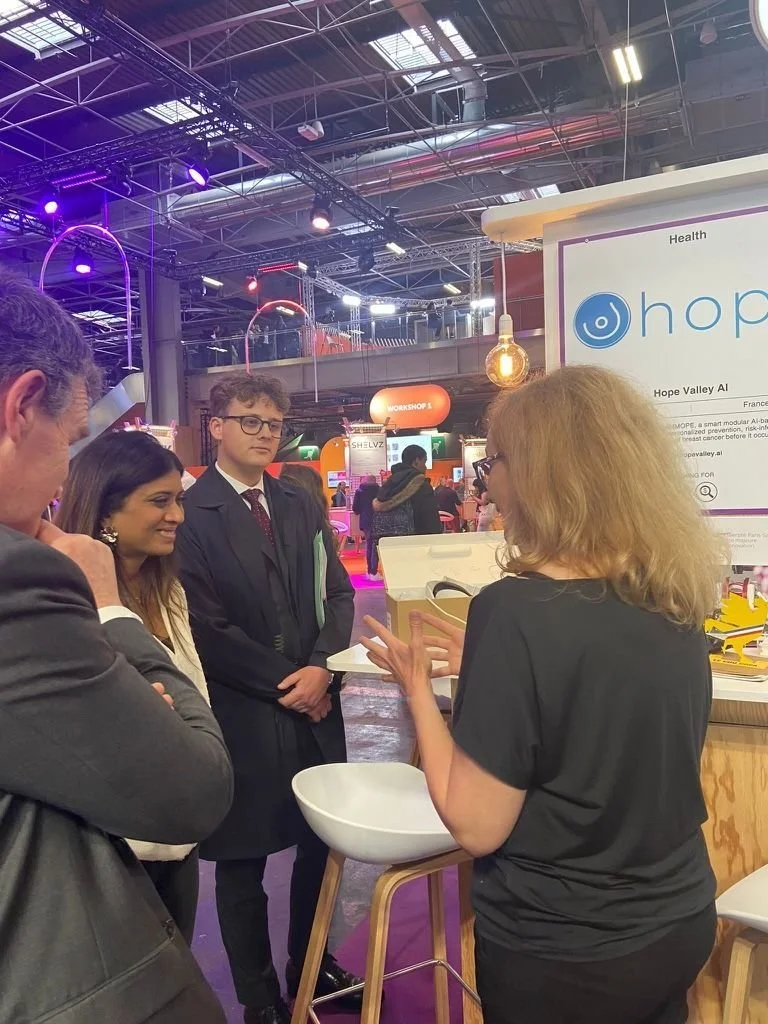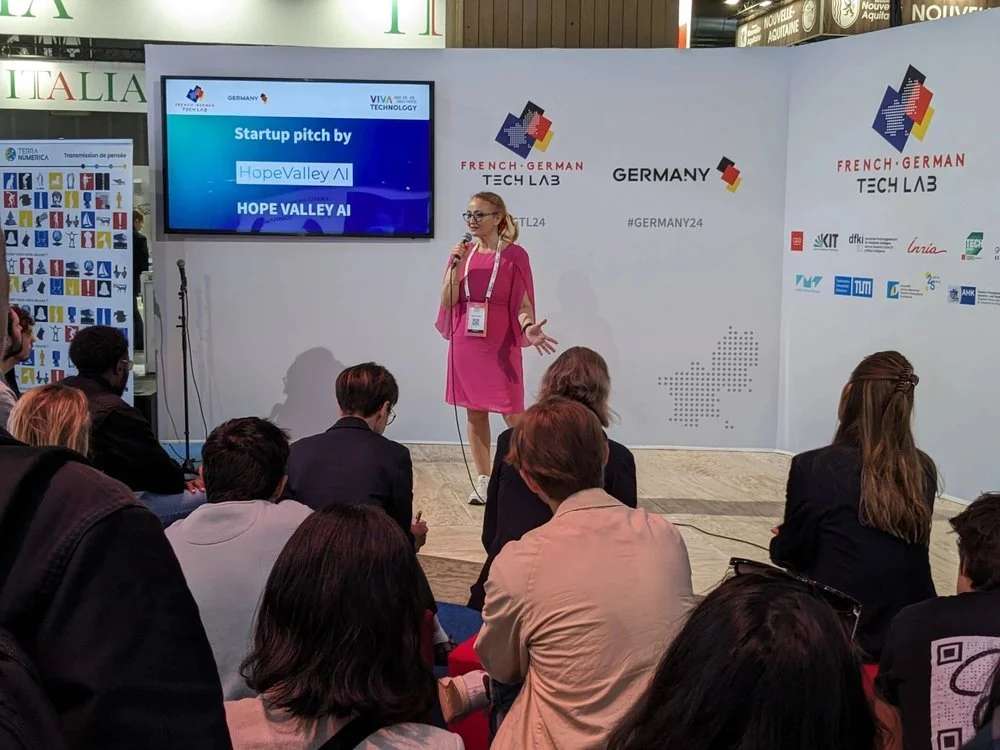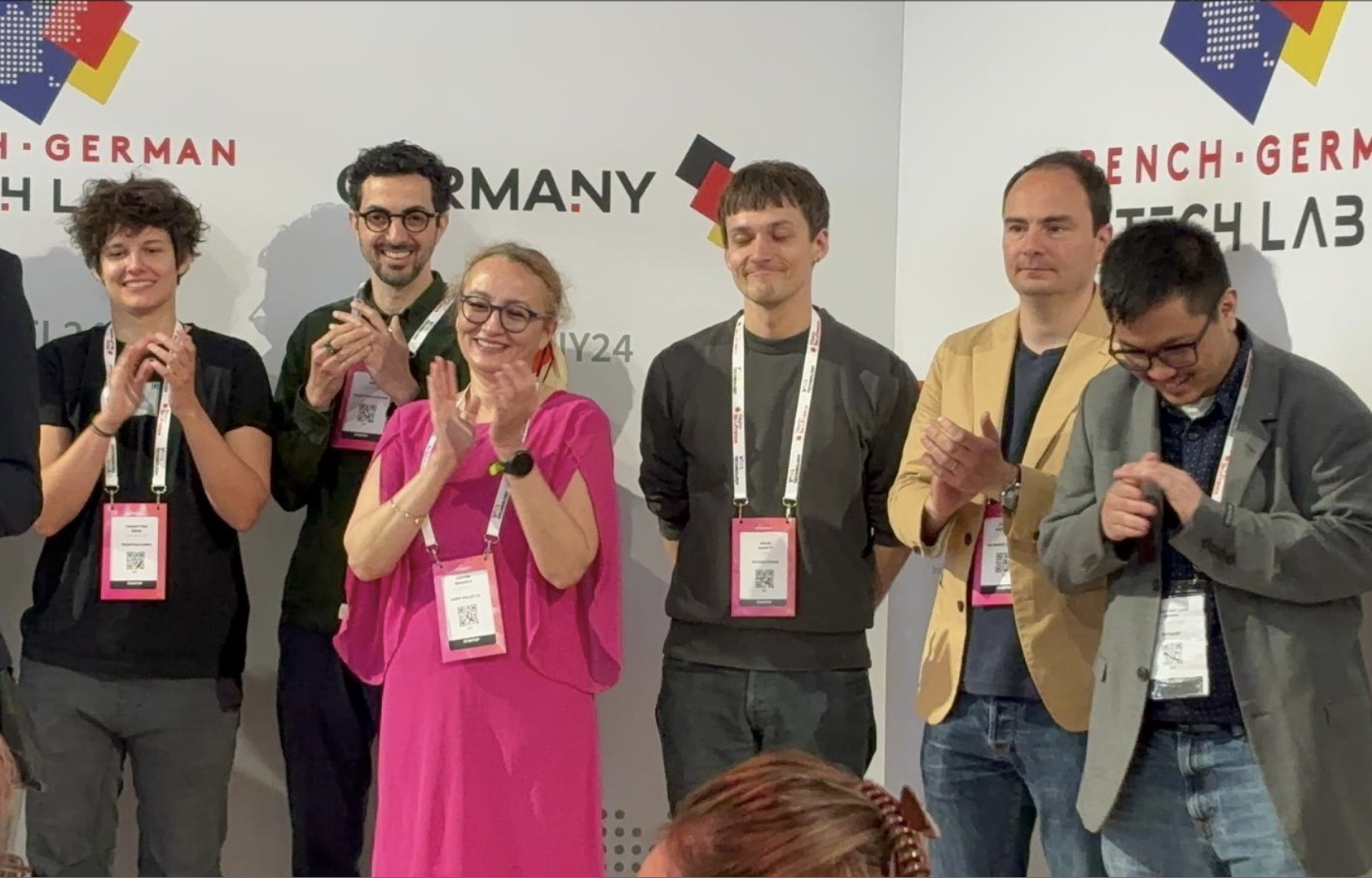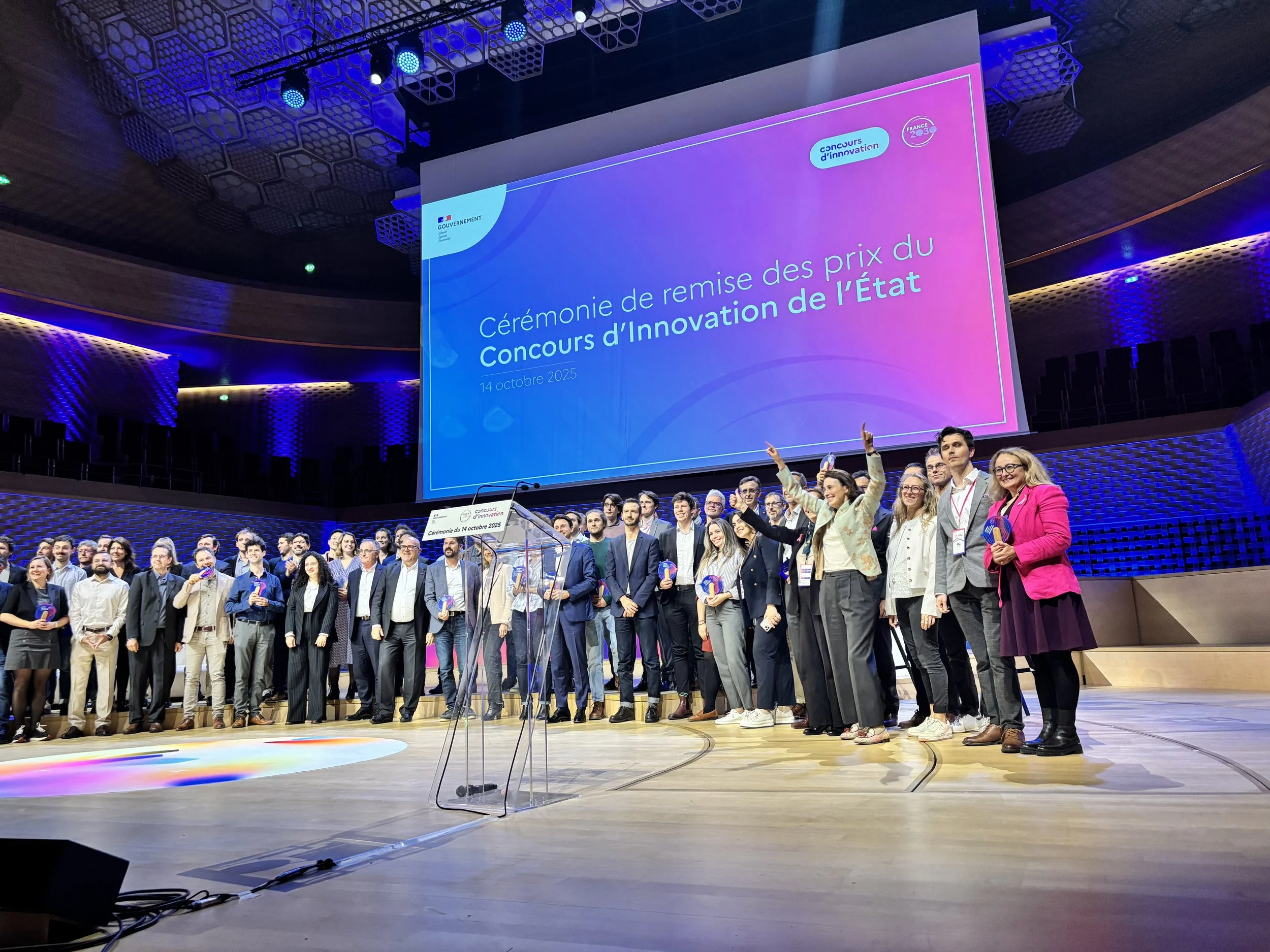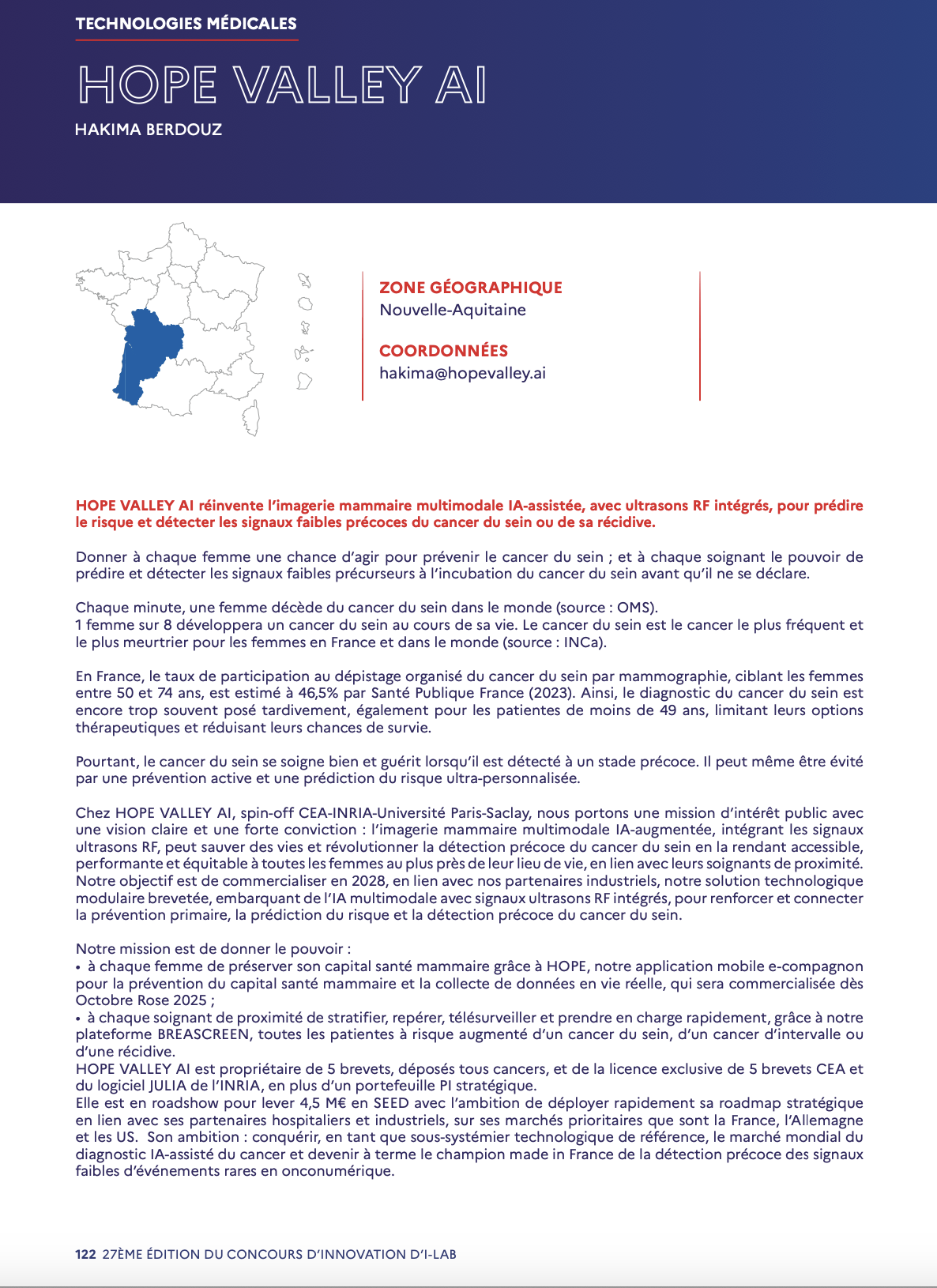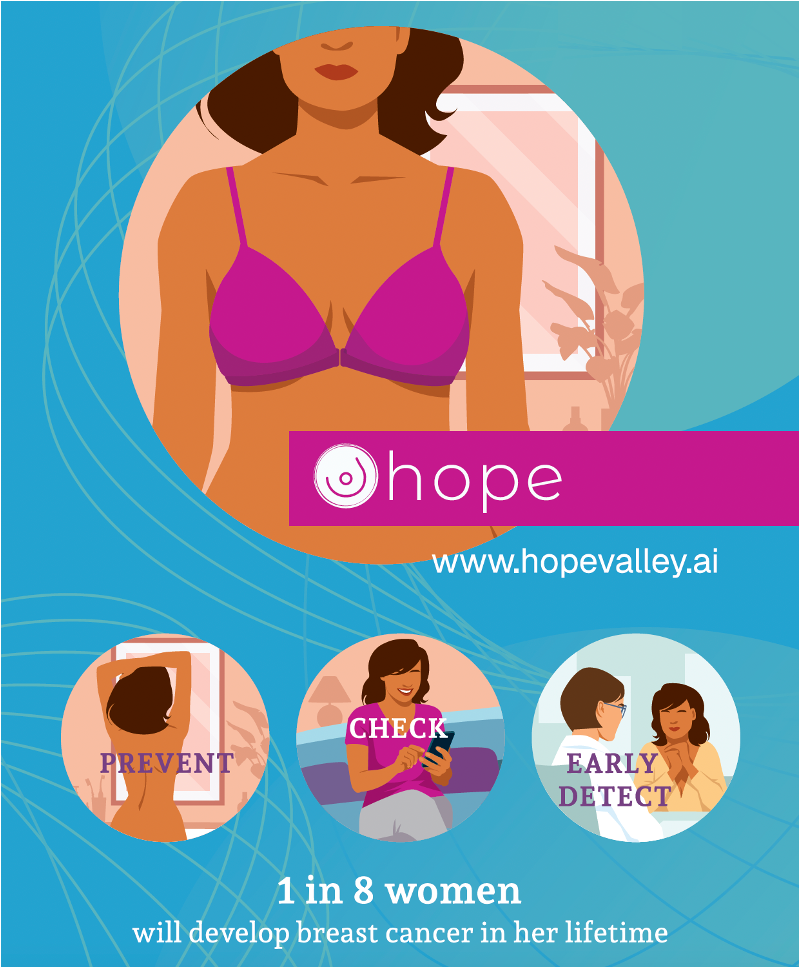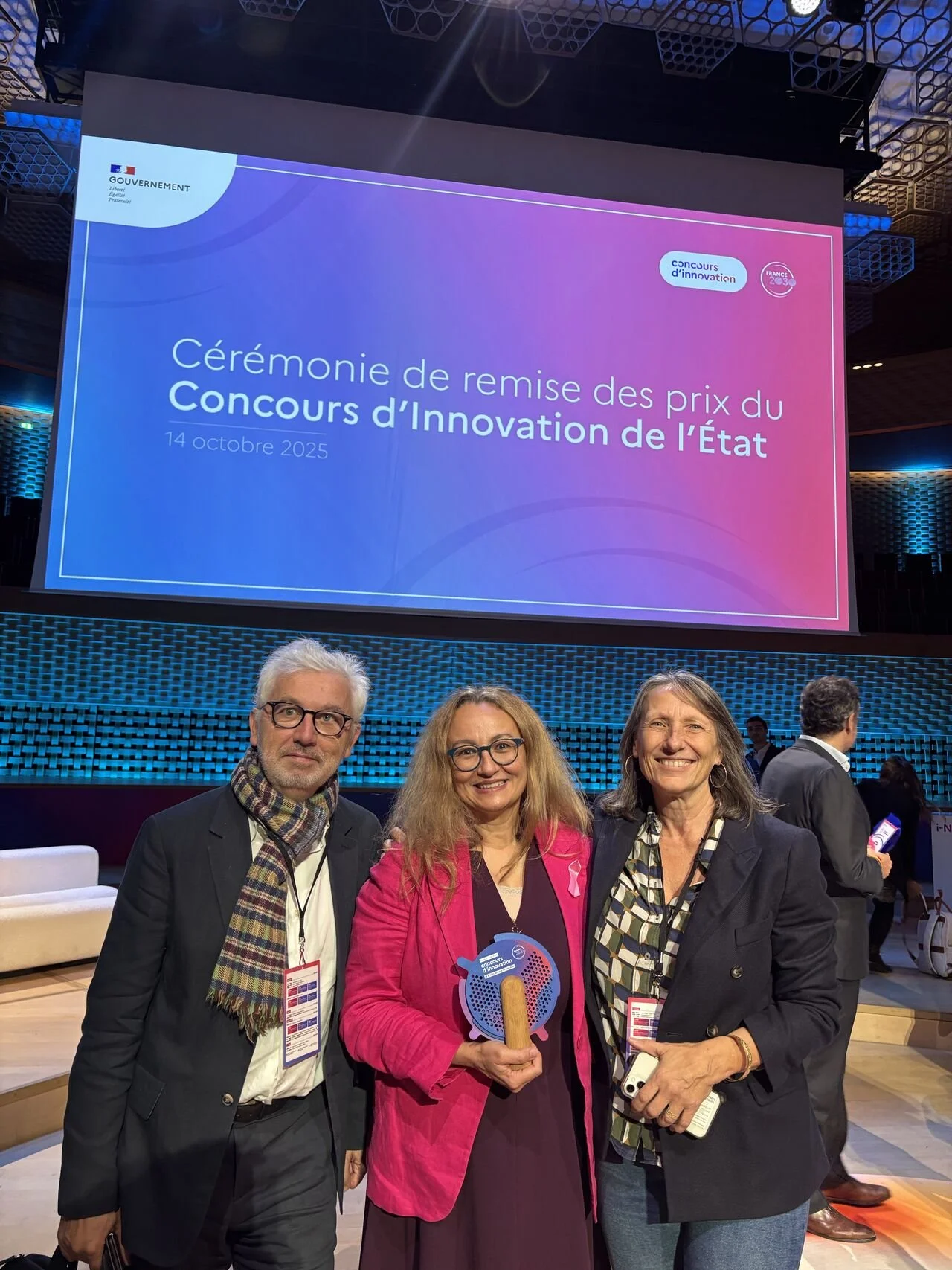Breast health matters
Building the first smart breast health digital clinic that helps healthcare providers predict the risk of breast cancer (interval cancer or recurrence) and detect its early weak signals, years before it occurs.

Defeat breast cancer with prevention & early detection
Breast cancer is the most common and deadliest cancer for women in France and worldwide.
According to the World Health Organization (WHO), every 14 seconds a woman is diagnosed with breast cancer somewhere in the world. The majority of tumors are detected by women themselves, sometimes during self-examination.
Nearly 20 to 30% of breast cancers are interval cancers, those that occur between two organized mammography screenings, according to the WHO.
Breast cancer can be prevented through primary prevention, particularly by reducing risk-behaviors such as alcohol consumption and smoking. Early detection allows it to be managed quickly and increases chances of remission and survival, established at 5 years as high as 98 % when detected at stage 1.
Preserving breast health means committing to a proactive preventive routine based on regular breast self-monitoring, to take care of breast health and detect, at an early stage, any anomaly or breast pathology requiring prompt management in the care pathway in collaboration with healthcare providers.
“Know My Normal” is the key element of awareness, prevention education and breast health. These are essential to detect and handle any breast anomalies at an early stage, which may indicate a silent incubation of breast cancer, a recurrence or a rare event.
HOPE®, the first module of our smart modular breast health digital clinic, is a mobile application launched in October 8, 2025, as a Class I CE-marked digital medical device, with registration number (01)03770040298008(8012)V1.0.6.
HOPE® is available on App Store and Google Play, free of charge until October 2026. It is not a diagnostic tool and does not replace medical advice or a clinical examination by a healthcare professional. Please consult your doctor in case of doubt or unusual observation.
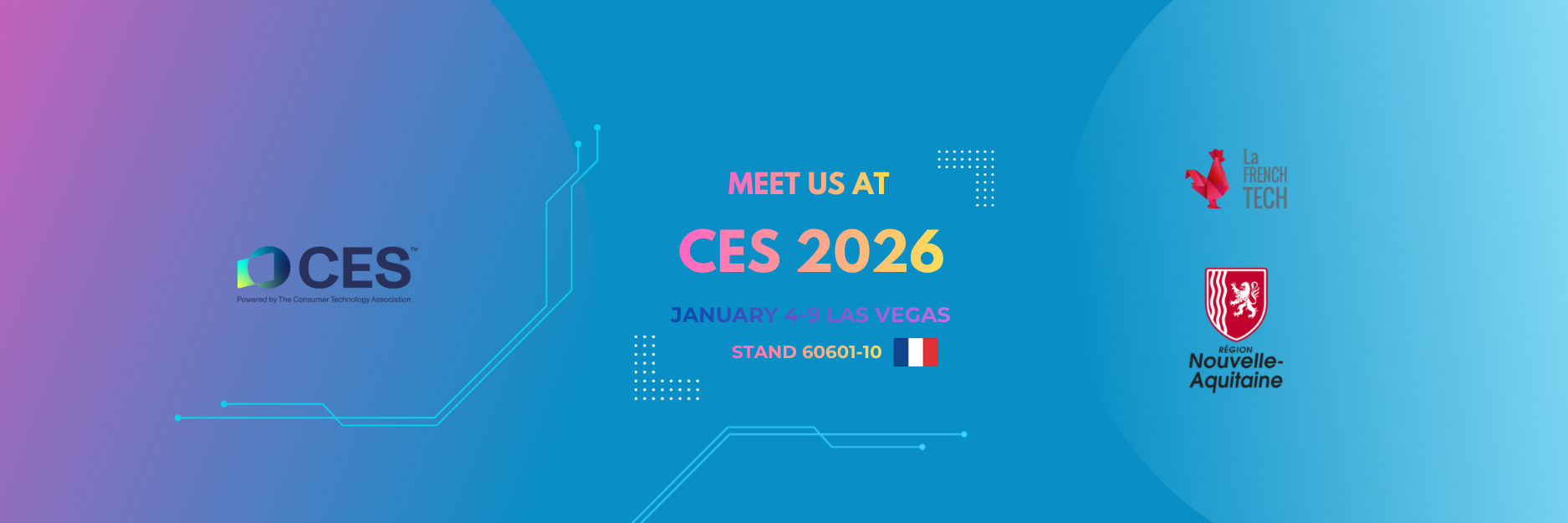
Proud to be backed by
…and committed business angels, partners and sponsors.





